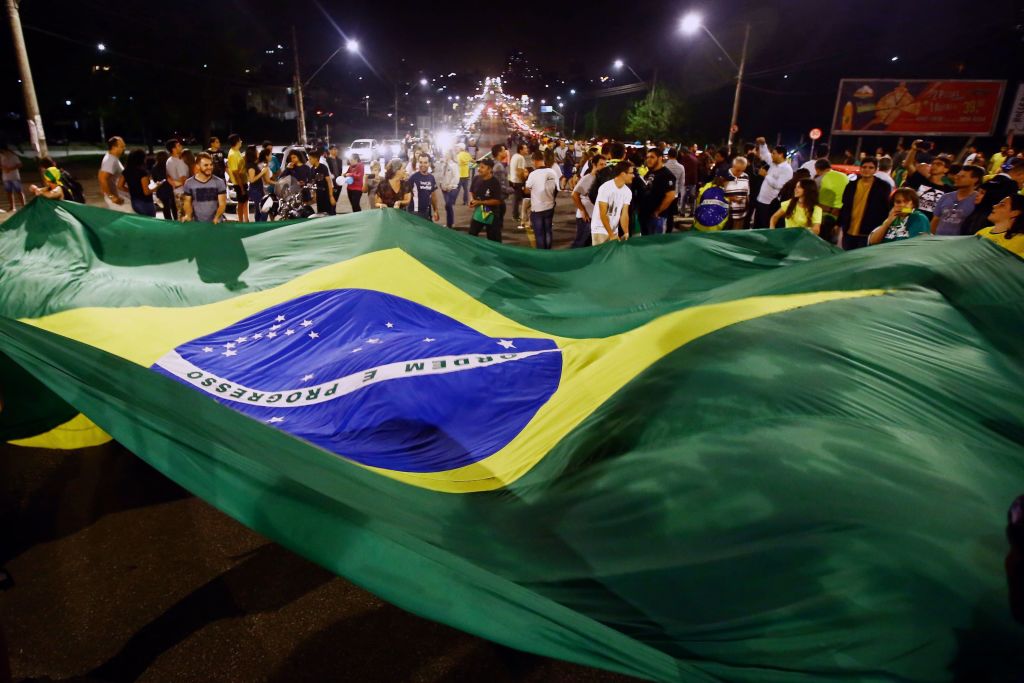
Just four days before the opening of SP-Arte, Brazil’s premier art fair, news broke that former Brazilian president Luiz Inácio Lula da Silva had been sentenced to a 12-year jail term on corruption charges.
Lula, as the former leftist leader was known, had been publicly eyeing a re-election bid and was ahead in the polls against incumbent populist Michael Temer. His jailing leaves Brazil’s Worker’s Party without a viable candidate only months before the country’s October election. This destabilization comes just after Brazil’s art scene weathered an onslaught of right-wing aggression aimed at censoring and intimidating artists, galleries, and institutions.
It all raises the question, can Brazil’s once thriving art market survive this political instability? Against the odds, battle-hardened players the Brazilian art market insist that they’re looking to the future with optimism.
“The people that buy art, they don’t depend on these things because they’re in a sphere so above everyone else,” artist Vik Muniz told artnet News. “If you have money to buy art you’re just immune to a lot of these fluctuations. You just buy things if you like them.”
“It’s very sad to see a president in jail—it’s not comfortable for anyone—and it’s sad that this is the picture of our political situation,” said gallerist Marilia Razuk. “But I think there will be enthusiasm and this will not effect the market. We are are very accustomed to ups and downs in Brazil.”
SP-Arte founding director Fernanda Feitosa, who is also a lawyer and two-time Lula voter, said that the market’s optimism stems from the fact that the ex-president received a fair trial. “You may have your opinion whether it’s right or wrong, whether there’s enough evidence or not. But the due legal process has been fulfilled,” she said. “He’s a polarizing figure, but I don’t see that polarization migrating to the activities or buying habits of Brazilian high society. I haven’t seen that and I don’t expect that to happen.”